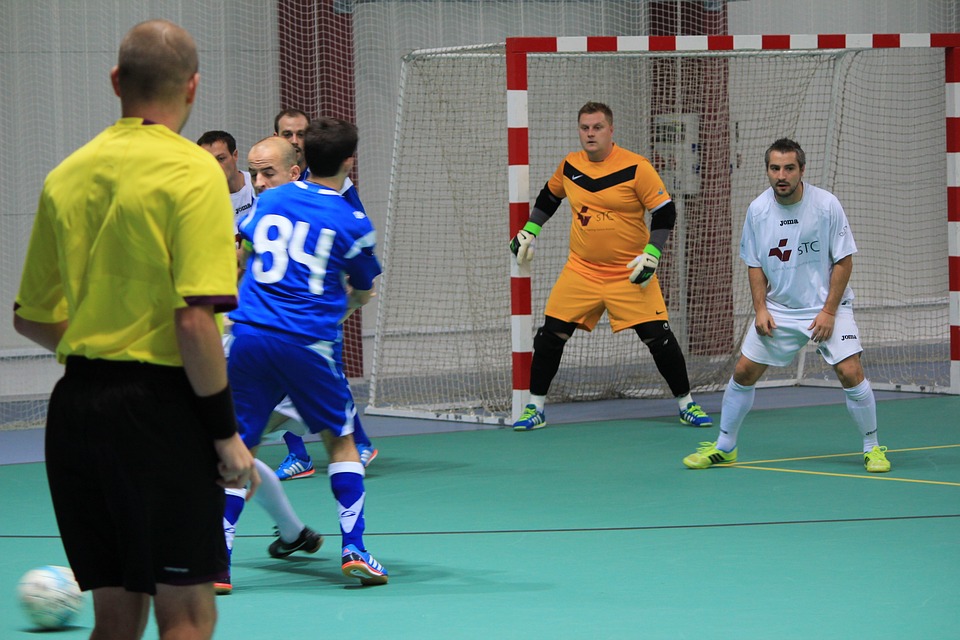
Mastering Conflict Resolution: Essential Skills for a Harmonious Workplace
Mastering Conflict Resolution: Essential Skills for a Harmonious Workplace
Conflict is an inevitable part of human interaction, especially in the workplace. However, when conflict is managed effectively, it can lead to positive outcomes and foster a harmonious work environment. Mastering conflict resolution skills is essential for individuals in any professional setting. In this article, we will explore the key skills required to address and resolve conflicts at work.
Understanding Conflict
Before delving into conflict resolution techniques, it is important to understand the nature of conflict itself. Conflict arises from differences in opinions, values, or interests among individuals. It can manifest in various forms, such as interpersonal disputes, competition for resources, or clashes of ideas.
When conflicts are left unaddressed or mismanaged, they can escalate and negatively impact productivity, morale, and teamwork. Therefore, developing conflict resolution skills is crucial for maintaining a healthy work environment and fostering positive relationships.
Essential Skills for Conflict Resolution
1. Effective Communication:
Clear and open communication is the foundation for resolving conflicts. It involves listening actively, expressing thoughts and feelings constructively, and seeking common ground. By promoting understanding and empathy, effective communication helps in finding mutually beneficial solutions.
2. Active Listening:
Active listening is a skill that involves fully concentrating on and understanding the message being conveyed. It requires giving undivided attention, asking clarifying questions, and paraphrasing to ensure accurate comprehension. Active listening demonstrates respect and creates an atmosphere of trust and collaboration.
3. Emotional Intelligence:
Emotional intelligence refers to the ability to recognize and manage one’s own emotions while understanding and empathizing with others. By being aware of emotions and their impact on behavior, individuals can respond to conflicts in a more composed and rational manner, fostering better outcomes.
4. Problem-Solving:
Conflict resolution often involves finding solutions that address the underlying issues. Effective problem-solving skills enable individuals to analyze problems, generate creative ideas, evaluate options, and implement suitable strategies. By focusing on solutions, conflicts can be resolved in a constructive manner.
5. Negotiation and Compromise:
Negotiation is a process of reaching mutually acceptable agreements through discussion and compromise. It requires individuals to identify shared interests, explore alternatives, and find win-win solutions. Negotiation skills help in finding common ground and resolving conflicts amicably.
Frequently Asked Questions (FAQs)
Q: How can conflict resolution skills benefit the workplace?
A: Conflict resolution skills contribute to a harmonious work environment by fostering open communication, improving teamwork, and enhancing productivity. By addressing conflicts effectively, organizations can minimize negative consequences and promote employee satisfaction.
Q: Can conflict resolution skills be learned?
A: Yes, conflict resolution skills can be learned and developed through training, practice, and self-reflection. By actively working on improving these skills, individuals can become more adept at managing conflicts and creating a positive work atmosphere.
Q: What are some common mistakes to avoid during conflict resolution?
A: Some common mistakes include avoiding conflicts altogether, becoming defensive or aggressive, and neglecting the importance of active listening. It is important to approach conflicts with an open mind, remain calm, and seek mutually beneficial solutions.
Q: Are there any recommended resources for further reading on conflict resolution?
A: Yes, here are a couple of articles that provide valuable insights into mastering conflict resolution skills:
– Article 1: Conflict Resolution Techniques for a Harmonious Workplace
– Article 2: Effective Communication Strategies in Conflict Resolution
Conclusion:
Mastering conflict resolution skills is crucial for fostering a harmonious workplace. By developing effective communication, active listening, emotional intelligence, problem-solving, and negotiation skills, individuals can address conflicts in a constructive manner. Resolving conflicts positively leads to improved teamwork, increased productivity, and a more satisfying work environment.
